The Egyptian President Mohammed Morsi is being heavily criticized. However, the complicated situation in Egypt urges the observer to take a closer look. Stephan Roll scrutinizes the five most important points of criticism.
First: Morsi Placed Himself Above the Law
Last November, Mohammed Morsi placed himself above the law via a decree, and thereby stopped a foreseeable interference by the judiciary into the process of drafting the constitution. This procedure has been sharply criticized by the Egyptian opposition as well as foreign countries. The president was accused of having violated the basic principles of democracy by rescinding the separation of powers.
However, this allegation is not fully consistent. So far, Egypt is not a democracy. Large parts of the judiciary are remnants of the authoritarian Hosni Mubarak regime. Thus, using democratic benchmarks is insufficient. Morsi’s actions may have been problematic and surely, he should have communicated them in a better way. Nevertheless, the measures were from the beginning limited in time. After the passing of the new constitution, the president will not be above the law anymore. This is why one should also not overstate Morsi’s influence on trials like the investigation into the football-massacre in Port Said.
Second: Morsi Does Not Negotiate with the Opposition
Indeed, Morsi has not reached out enough to the non-Islamist opposition since the start of his presidency. During the constitutional process, as well as during the formation of the government, Morsi should have tried to integrate the oppositional forces in a credible manner.
The opposition certainly did not make it easy for the president. In this regard, the boycott of the constituent assembly since September 2012 was hardly constructive. Moreover, the question arises over what the “inclusion of all political forces” into the constitutional process, as demanded by the opposition and western governments, would have changed.
In the end, the new constitution is a balancing act between completely contrary positions. One cannot, or only in a limited manner, find important positions of secular, liberal and left-wing parties and organizations in the constitution. However, the same holds true for the fundamentalist ideas of the Salafist camp, which does not only represent a marginal share of the population. At the moment, parts of the opposition, who are united in the “National Salvation Front”, posit maximum demands which could not be realized without the president losing his face.
Third: Morsi is Not the President of all Egyptian But of the Muslim Brothers
By now, this is the opposition’s main accusation. Indeed, Morsi was elected with the support of only 27% of all eligible voters. However, a close victory is not uncommon in democratic elections and, according to Egyptian standards, the elections were free and fair which is accepted by most of the population.
Nevertheless, the president has not used his electoral victory to gain legitimacy across party lines, with parts of the population disenchanted with politics. Rather, Morsi apparently coordinates his political decisions with leading Muslim Brotherhood figures, which he himself is a member of.
Along these lines, it is hardly puzzling that his political decisions mainly have the goal to help the Muslim Brothers gain a majority in the upcoming parliamentary elections. In this manner, it is likely that he will wait with unpopular but needed economic and social reforms until after the elections.
Fourth: Morsi Formed an Alliance with the Military
Certainly, the president substituted big parts of the military leadership in August 2012. This step has often been interpreted as a disempowerment of the military. The new constitution, however, shows that the military will keep an extensive autonomy. Morsi cannot easily get involved into the internal affairs of the military; for example, regarding personnel or financial issues.
This hints at a power-sharing agreement between the president or the Muslim Brotherhood, which backs him and the military leadership. Such an agreement is highly problematic for a democratic state, and the criticism voiced by parts of the opposition is completely justified. Nevertheless, this begs the question of whether a disempowerment of the military in the current situation would have been possible at all.
Fifth: Morsi is an Anti-Semite
For many western critics of the president, this issue is the most problematic one. In fact, Morsi, in his function as an official of the Muslim Brotherhood, has been noticed for anti-semitic statements. Morsi explains himself by stating that his statements have to be seen in the context of his criticism of Israel’s policy against the Palestinians.
One should not hope for further apologies; not to the least extent because Morsi’s remarks are not seen as a problem by Egyptian mainstream society. On the contrary, Morsi can count on the support of large parts of the non-Islamist opposition with regard to this issue.
Notwithstanding all this valid criticism, Morsi now should be judged by his concrete actions. Morsi has proven to be highly pragmatic towards Israel; during the last Gaza conflict he negotiated a ceasefire between Israel and Hamas. In contrast to his predecessor, Hosni Mubarak, Morsi enjoys the trust of Hamas. The West should use this chapter to advance the Middle East peace process.
*[This article was originally by Stiftung Wissenschaft und Politik (SWP), and translated from German to English by Manuel Langendorf.]
The views expressed in this article are the author’s own and do not necessarily reflect Fair Observer’s editorial policy.
Support Fair Observer
We rely on your support for our independence, diversity and quality.
For more than 10 years, Fair Observer has been free, fair and independent. No billionaire owns us, no advertisers control us. We are a reader-supported nonprofit. Unlike many other publications, we keep our content free for readers regardless of where they live or whether they can afford to pay. We have no paywalls and no ads.
In the post-truth era of fake news, echo chambers and filter bubbles, we publish a plurality of perspectives from around the world. Anyone can publish with us, but everyone goes through a rigorous editorial process. So, you get fact-checked, well-reasoned content instead of noise.
We publish 2,500+ voices from 90+ countries. We also conduct education and training programs
on subjects ranging from digital media and journalism to writing and critical thinking. This
doesn’t come cheap. Servers, editors, trainers and web developers cost
money.
Please consider supporting us on a regular basis as a recurring donor or a
sustaining member.
Will you support FO’s journalism?
We rely on your support for our independence, diversity and quality.


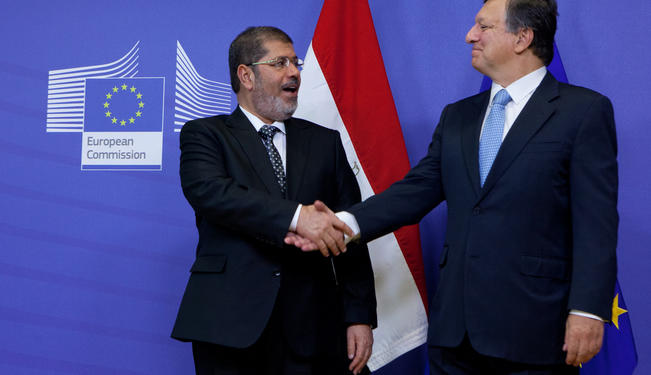
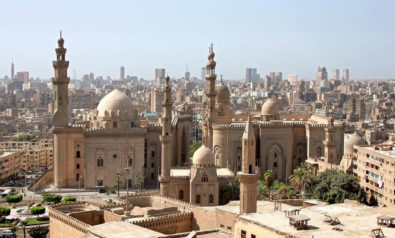
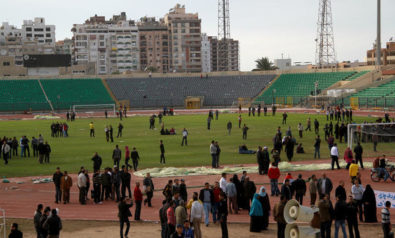
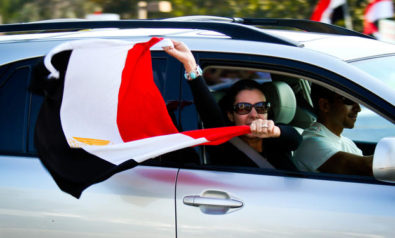
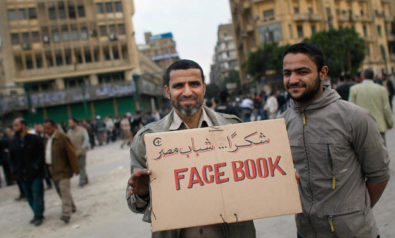
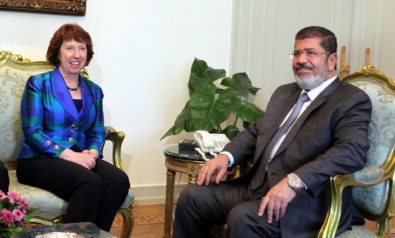

Comment